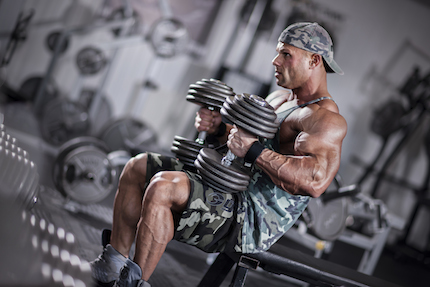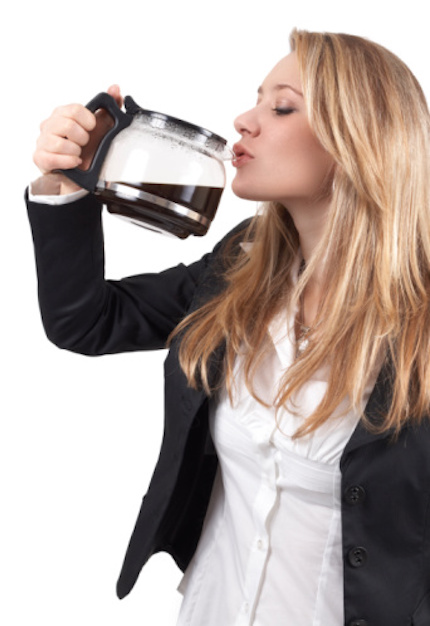Brink Zone


Can Caffeine Improve My Performance?
Q. I hear that caffeine can really improve my training and performance. Should I be drinking a couple of cups of strong coffee before my workout then?
A. Essentially, coffee doesn’t have the same effects on adrenaline response (feeling “jacked up”) and endurance as the same amount of straight caffeine. Coffee is a complex biological substance with literally hundreds of compounds that are dissolved along with caffeine during the brewing process, all of which end up in your coffee mug. Some of these compounds have effects completely separate from caffeine, and more importantly, effects that appear to counteract the effects of caffeine.

Besides the more obvious stuff found in coffee (e.g., lipids, carbohydrates, and proteins), you find compounds of potential metabolic importance, such as nicotinic acid, opiate-receptor antagonists, and cholinomimetics (agents that exert an effect opposite to adrenaline). Interestingly, one group of researchers isolated a cholinomimetic compound from both regular and decaffeinated coffees that, when injected into rats, resulted in decreases in heart rate and blood pressure. Thus, this compound has direct counter-regulatory effects to that of caffeine (and adrenaline). Researchers also added pure caffeine to decaf coffee matched for dose to straight caffeine, and the effects were still inferior to caffeine alone in terms of performance as well as other effects one usually associates with coffee and caffeine.
According to the researchers from the above paper, “One possibility to account for this difference is that one or more of the multitude of compounds in coffee beverages antagonizes the actions of caffeine, resulting in a reduced response.” We know what the caffeine antagonist is in tea (that is, Camellia sinensis—the leaves that make white, green, oolong, and black teas). It’s called L-theanine, and you can buy it both as a standalone dietary supplement and in some “relaxing” drinks and supplements. L-theanine combined with caffeine reduces both the blood-pressure elevation and the alertness boosting.

If you want to enjoy your cup of coffee because it tastes good and gives you a coffee buzz— which is likely due to a variety of naturally occurring compounds in the coffee in addition to the caffeine—go for it. I won’t be giving up my mug of strong morning coffee either. However, if you’re specifically looking to get the known effects of caffeine regarding performance, increased alertness, etc., use straight caffeine. Even if you’re attempting to drink coffee for its caffeine content, that’s a hit-or- miss strategy. In one research study, researchers bought one cup of coffee from Starbucks each day for six consecutive days and tested the caffeine content of each. The researchers found that each cup of coffee ranged wildly, between 259 and 564 milligrams of caffeine!

